

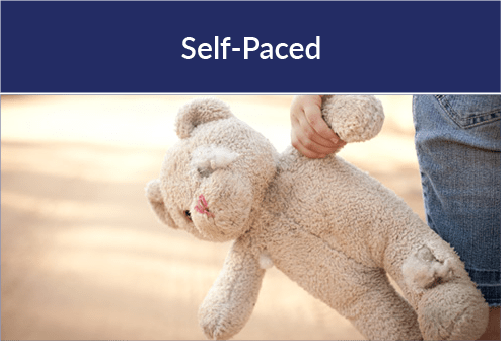
Learn the signs of neglect, physical and sexual child abuse in an effort to gain a better understanding of how to identify victims. KNOW & TELL is a public responsibility movement, to educate all adults to KNOW the signs of abuse and TELL responsible authorities when they recognize them. Awareness of these signs is a critical step to protecting our children and helping to educate others. We all have a responsibility to protect children.
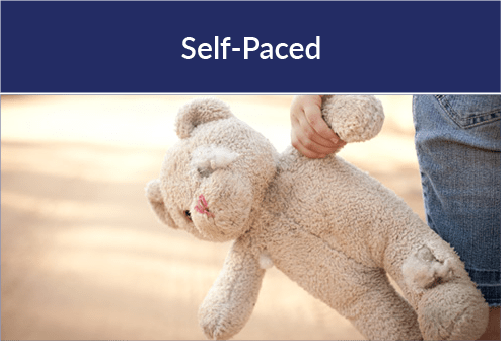
(THIS COURSE IS FOR CERTIFIED HEALTHCARE PROVIDERS ONLY) Learn the signs of neglect, physical, and sexual child abuse to identify a child victim and understand your responsibility as a healthcare professional and mandated reporter. Awareness of these signs is a critical step to protecting our children. We all have a responsibility to protect children. KNOW & TELL® is a public responsibility movement to educate all New Hampshire adults to KNOW the signs of abuse and TELL responsible authorities when they recognize them. Individuals living outside of the State of New Hampshire are welcome to participate in this training but should inquire with their own state as to reporting procedures and requirements.
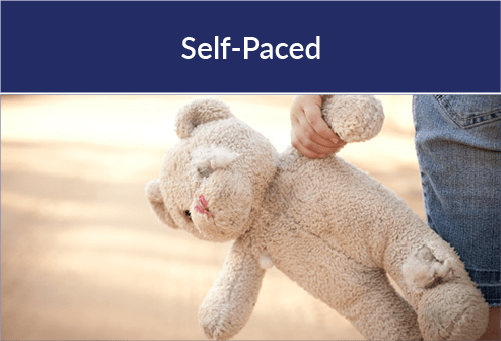
Learn about protective strategies and actions toward preventing child sexual abuse. These strategies will include the development of effective prevention messaging, including the use of appropriate language. During the course, we will explore debunking child abuse myths through research, and identifying why some youth don’t tell others about their victimization. Gather tips for talking with children at an age appropriate level, including the importance of using correct names for body parts. A vital part of the training will be providing information resources to assist in the development an effective prevention plan to reach parents, educators, and identify and collaborate with other strategic partners in ending child abuse.

The more we learn about child sexual abuse material (CSAM) offenders likely committing hands on offenses, the more important it is to interview children to whom the offender has access. These cases are different from typical child sex abuse cases and they require a planned approach. Suggestions on how to manage these interviews and the barriers to be addressed.
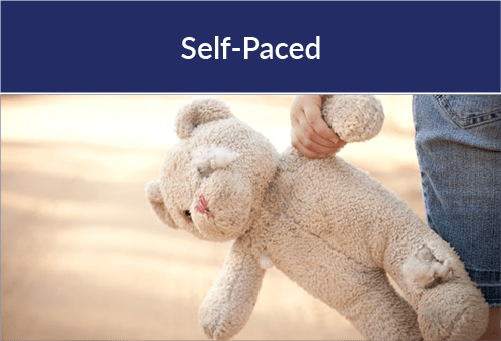
Learn how to prepare and present a winning case in child maltreatment proceedings or criminal prosecutions of child abusers. Topics addressed include ideas for successfully confronting common defenses, and ways to prepare witnesses, including children, to testify effectively and minimize the trauma they experience in court.
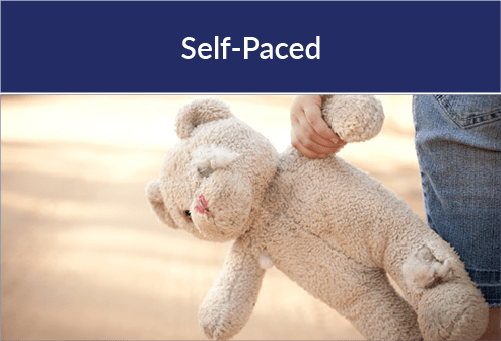
Learn state-of-the art techniques that an investigator can use in the assessment and investigation of non-accidental injuries. Various weapons, utilized by the offender in child abuse situations, are identified and demonstrated.
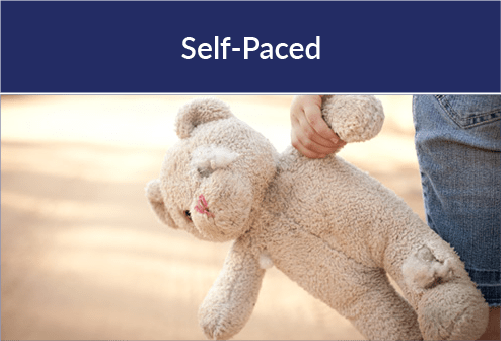
Child maltreatment has a wide range of effects on the individual, family, and community, however, professionals implementing trauma-informed practices can help to mitigate these effects and promote resilience and healing. Join us to gather strategies to address the mental health needs of victims, including tips for coordinating care among agencies investigating and prosecuting child maltreatment.
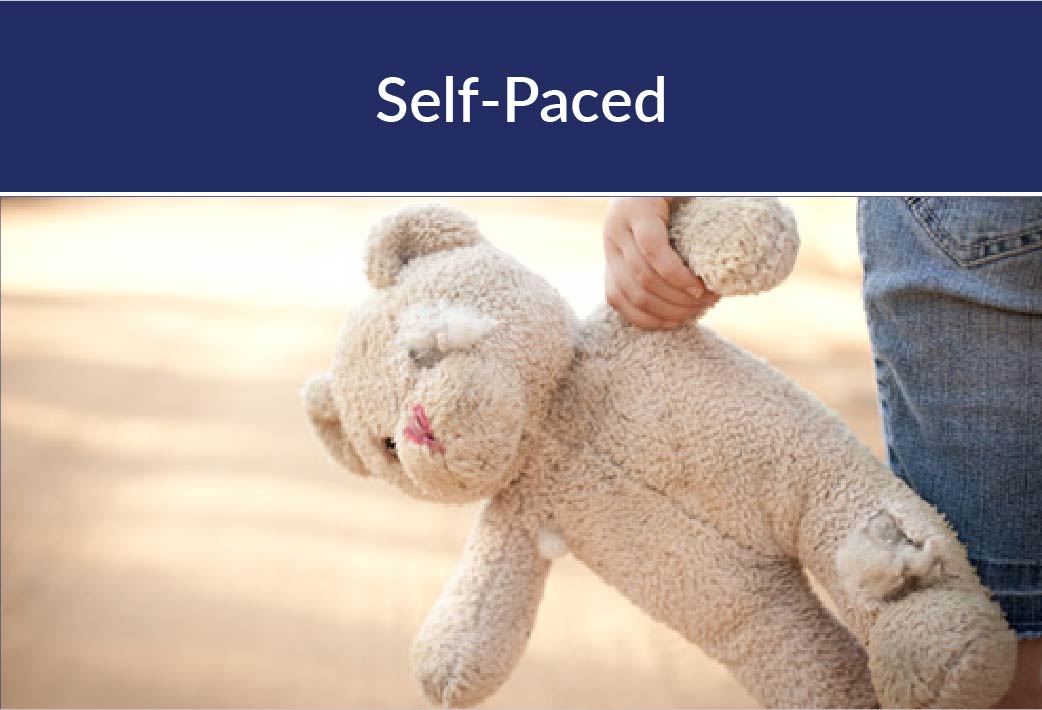
Discover how to use data to assist in the identification of missing and exploited children. Review a child exploitation case study from start to finish, and apply thinking outside the normal avenues to solve an investigation with technology.
